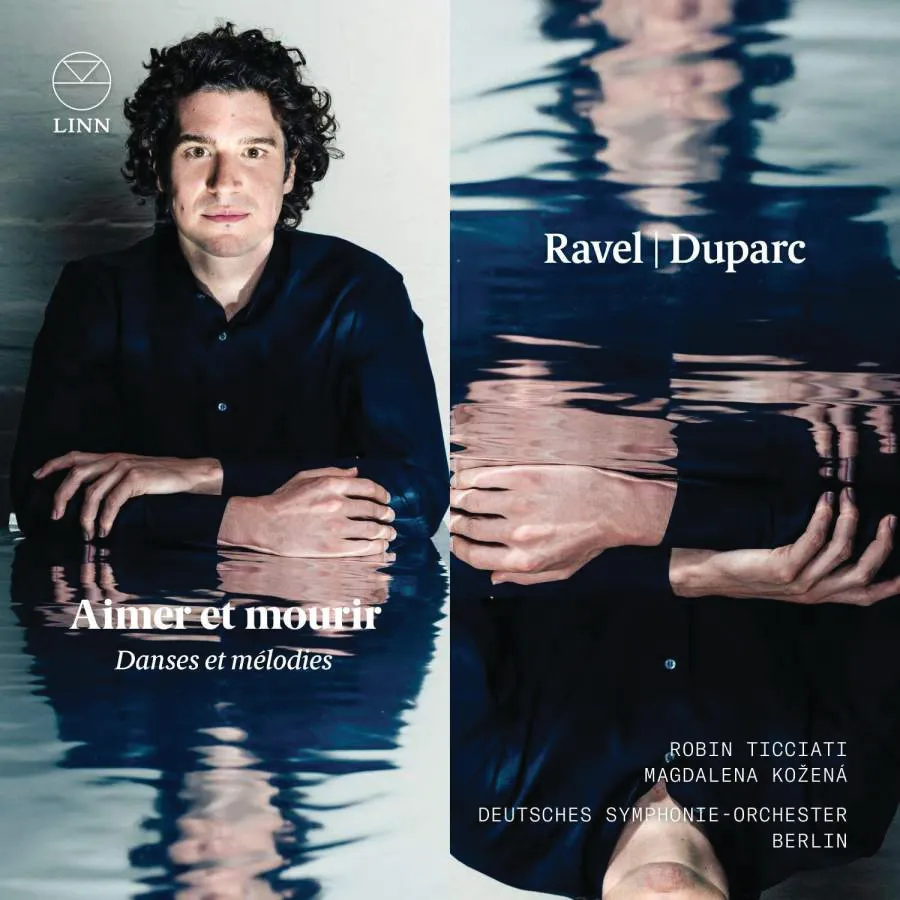
Duparc • Ravel Ravel: Daphnis et Chloé – Suite No. 2; Valses nobles et sentimentales; Duparc: L’Invitation au voyage; Au pays ou se fait la guerre; Chanson triste; Phidylé; Aux Etoiles Magdalena Kožená; Deutsches Symphonie-Orchester Berlin/Robin Ticciati Linn CKD 610 61:29 mins
Coupling well-loved Ravel with a late-19th century master of mélodie, Duparc, seems inspired. The troubled late-Romantic sensibility of ‘Invitation au Voyage’ is particularly telling after the fresh and emotionally uncomplicated world of Daphnis et Chloé with which this album opens. In that suite, Robin Ticciati and his orchestra bring out Ravel’s colours with precision and vibrancy in a far from routine performance. I wish sometimes, though, that Ticciati would trust the music to make its own point. For instance, his slight ritardando before reaching the crest of the first crescendo in Ravel’s ravishing dawn sequence is lovely and appropriate, but doing this again just before the sudden change to minor at the strings’ repeat of that melody rather spoils that surprise (isn’t the weight of the brass here enough emphasis?).
Similarly, in Duparc’s ‘Au pays où se fait la guerre’, the exaggeratedly pinched tone of the muted horns turns a moment of apprehension into, inappropriately, one of horror; more emotional engagement from Magdalena Kožená before that point, tonally beautiful though her singing is, might have mitigated that impression. The very clarity of the recorded sound, too, does not help: indeed, the recording’s all-too-precise spatial detail in the long flute ‘solo’ of Daphnis enables one to hear exactly when the piccolo takes over from the flute. Least successful is Valses nobles et sentimentales, where Ticciati’s performance appears both deliberately heartless (misunderstanding, perhaps, Ravel’s self-confessed ‘artificiality’) and distractingly meticulous. It seems significant that Boulez’s two recorded accounts, in contrast, are far more beguiling.
Daniel Jaffé